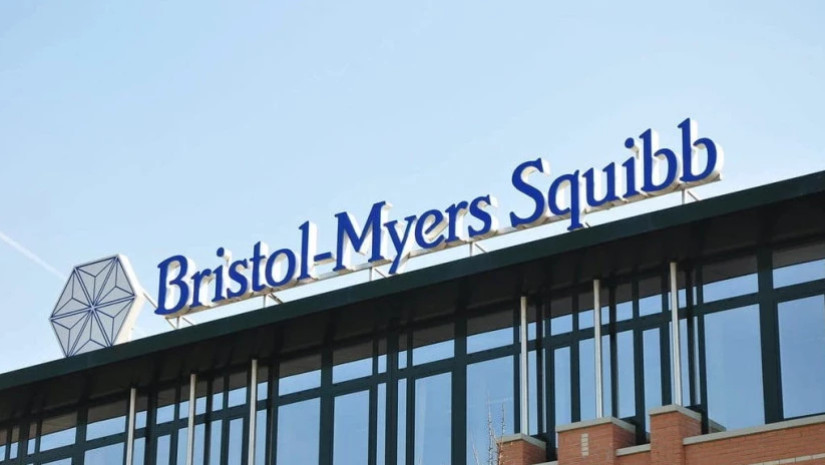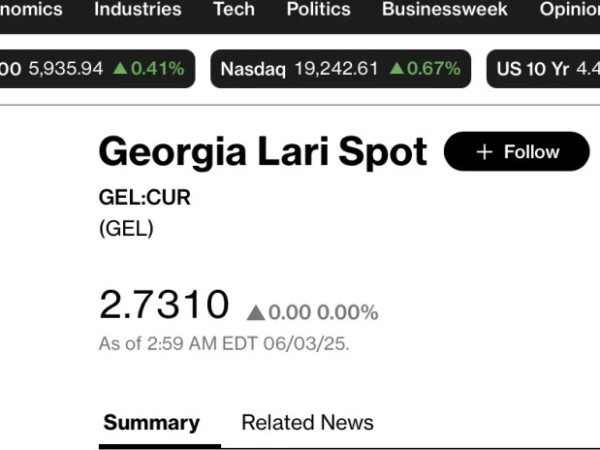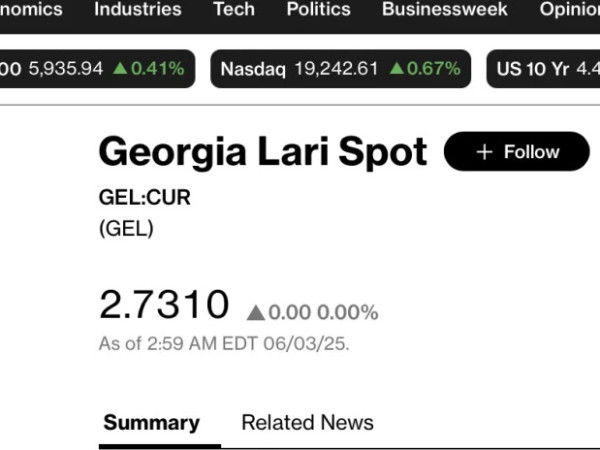Bristol Myers Squibb (BMY.N), opens new tab has agreed to pay up to $11.1 billion to partner with Germany's BioNTech and develop the latter's next-generation cancer immunotherapy, which could take on rival Merck & Co's best-selling drug Keytruda.
The deal, which includes $3.5 billion in unconditional payments, underpins BioNTech's ambition to continue a costly long-term focus on experimental cancer treatments and show that its success as Pfizer's COVID-19 vaccine partner was not a one-off achievement.
It also underscores a push across the pharma sector to master a new dual mechanism of action in oncology that activates the immune system - similar to an established drug class including Merck & Co's (MRK.N), opens new tab Keytruda - but which also cuts a tumour's blood supply.
BioNTech's German-listed shares (22UAy.DE), opens new tab surged 16.7% by 1236 GMT to a six-week high.
The two companies said in separate statements that the U.S. group will co-develop and co-commercialize BioNTech's drug, BNT327, for multiple solid tumour types.
BioNTech's CEO and co-founder Ugur Sahin said the collaboration will serve "to accelerate and broadly expand BNT327’s development to fully realize its potential."
The companies said in presentation slides that Bristol Myers was bringing global networks in clinical development and manufacturing to the partnership, among other benefits.
BioNTech said in a statement that the partners were seeking to set a new standard of care in the cancer market segment, now dominated by so-called checkpoint inhibitors including Keytruda with $29.5 billion in 2024 sales.
Western drugmakers have struck a host of deals to win access to the new drug technology, known as PD-1/VEGF bispecific antibodies, which was pioneered in China.
Pfizer (PFE.N), opens new tab last month partnered with China's 3SBio (1530.HK) , opens new tab, paying $1.25 billion upfront and up to another $4.8 billion depending on developmental achievements.
Merck & Co, whose Keytruda business is under threat from the sector's development push, in November last year licensed an early-stage cancer drug from China-based LaNova Medicines for up to $3.3 billion.


















